Ray Dalio Book Recommendations
Ray Dalio, born on August 8, 1949, is a prominent American billionaire investor, hedge fund manager, and philanthropist. He is the founder of Bridgewater Associates, one of the world's largest hedge funds. Dalio is renowned for his investment prowess and unique approach to decision-making, outlined in his book 'Principles: Life and Work.' His principles guide individuals and organizations to achieve success through radical transparency and thoughtful decision-making processes. Dalio's insightful book recommendations showcase his diverse interests and intellectual curiosity, making him a trusted source for discovering thought-provoking and impactful reads that span various genres and subjects.
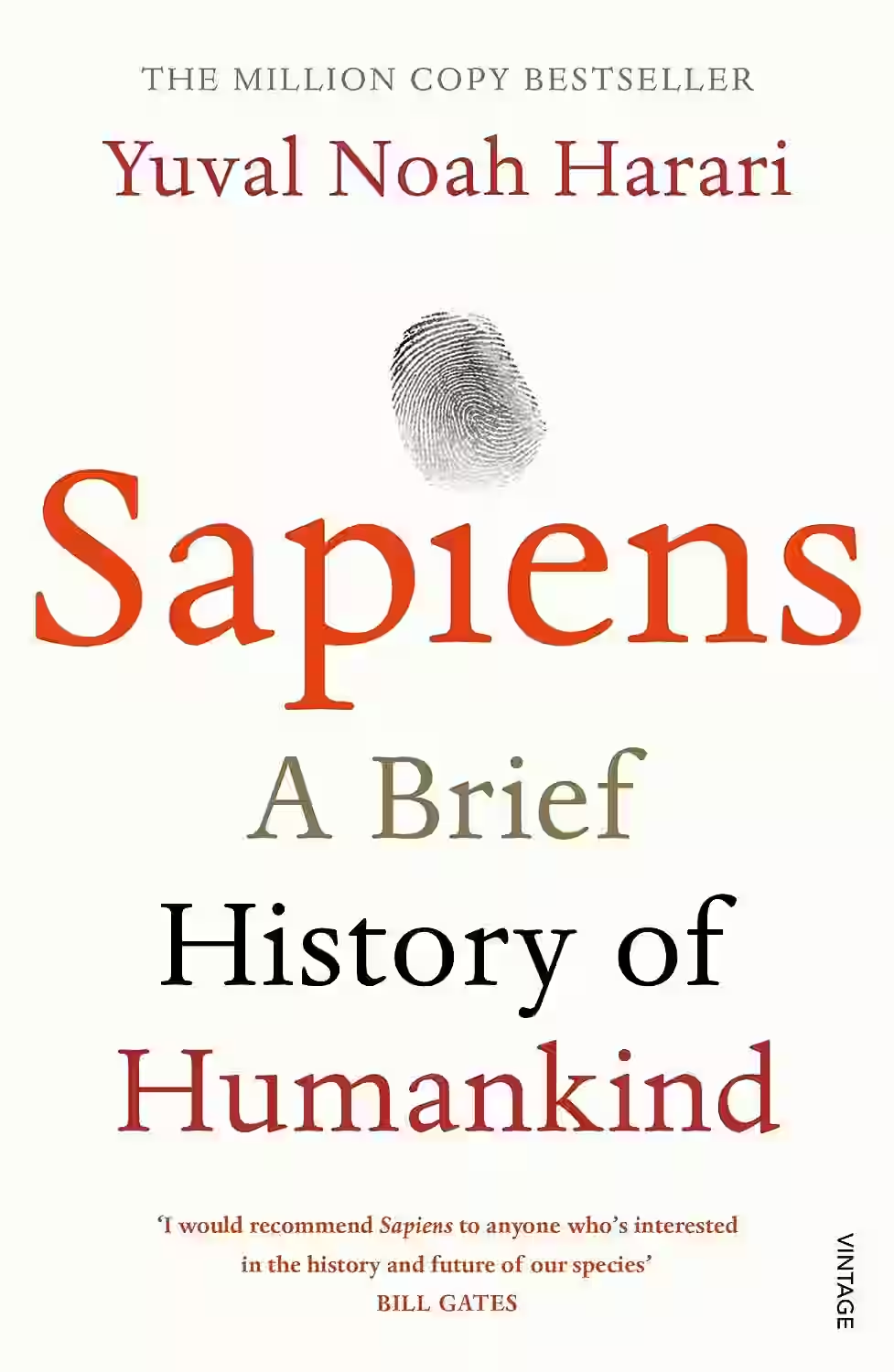
Yuval Noah Harari's Sapiens charts the epic history of humankind, from early Homo sapiens to today's complex world. It explores the Cognitive, Agricultural, and Scientific Revolutions that defined our development. Harari examines the role of shared beliefs in enabling mass cooperation and questions the essence of our humanity and future. This insightful work offers a broad perspective on our origins, progress, and the challenges we face.
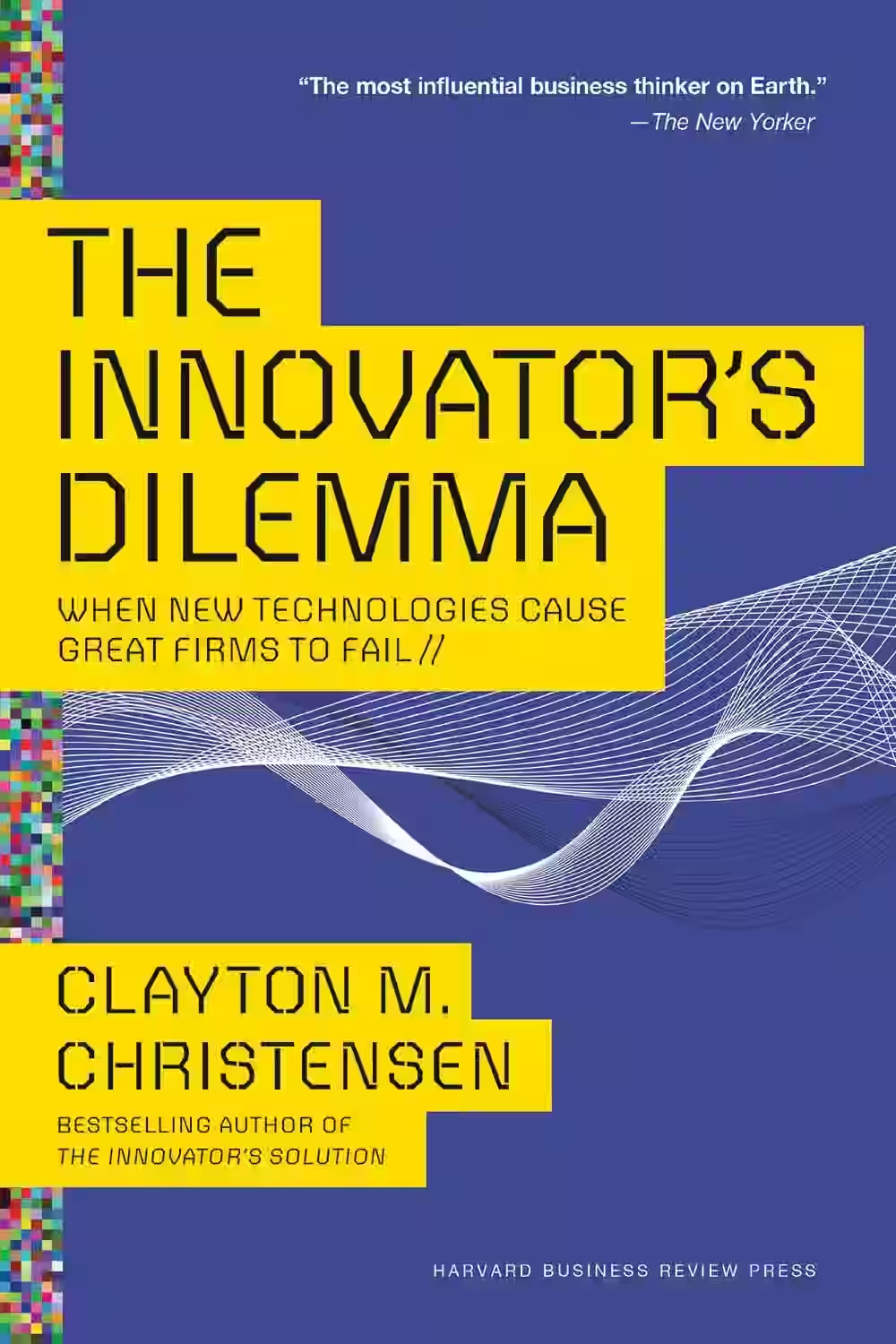
Clayton Christensen’s The Innovator’s Dilemma examines why successful companies often fail to adapt to disruptive technologies. Through real-world examples, including the fall of once-dominant firms, Christensen argues that businesses focusing solely on current customer needs can miss innovations that reshape industries. He introduces the concept of “disruptive innovation”—simpler, cheaper alternatives that gradually overtake established products. The book offers insights for entrepreneurs, managers, and leaders on how to foster innovation before it’s too late. Widely influential in tech and business, it challenges conventional wisdom and urges a proactive approach to navigating technological change.
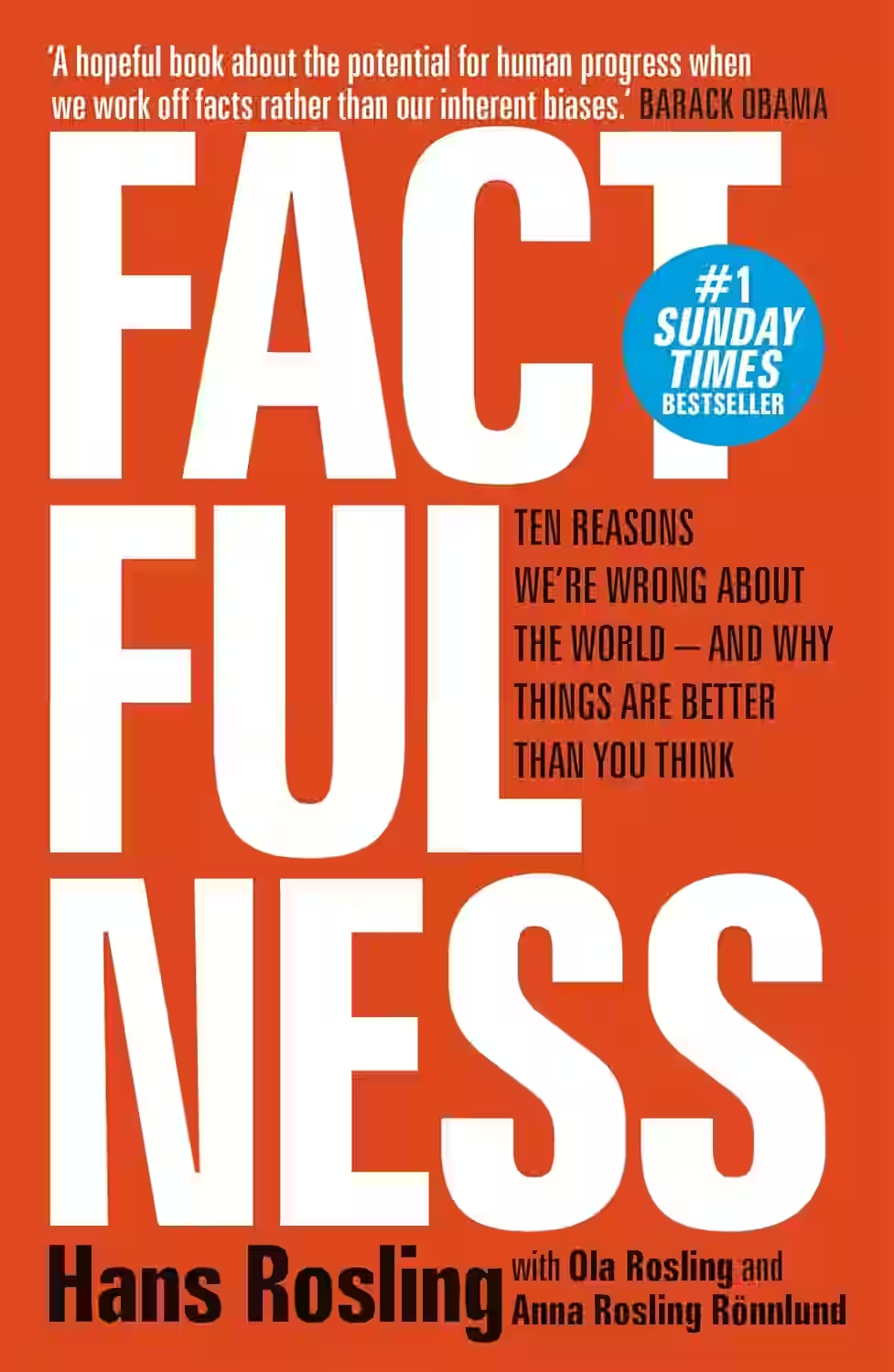
Factfulness by Hans Rosling, with Anna and Ola Rosling, challenges the way we perceive the world. Most people, including experts, consistently answer basic questions about global trends incorrectly—often worse than chance. Rosling explains why this happens through ten powerful instincts that distort our understanding. With engaging stories and clear data, he shows that while the world isn't perfect, it’s far better than we think. By focusing on facts instead of fear, we gain clarity and calm. Factfulness is an eye-opening, hopeful, and essential read that encourages us to base opinions on evidence—and to focus on real global priorities.
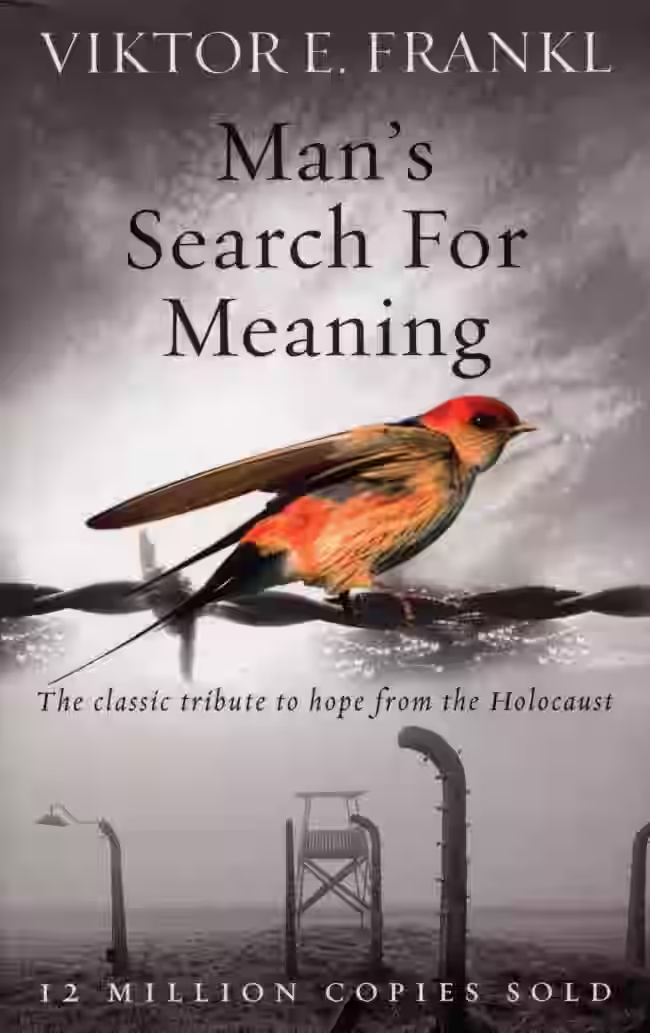
In this profound memoir and psychological exploration, Holocaust survivor Viktor Frankl shares his harrowing experiences in Nazi concentration camps and the insights he gained. Central to the book is Frankl’s belief that even in the most inhumane conditions, individuals can endure by finding meaning in their suffering. He introduces logotherapy, his psychotherapeutic method focused on the pursuit of meaning as a primary human drive. Frankl’s reflections blend personal resilience with deep philosophical and spiritual questions, making the book a timeless meditation on hope, purpose, and the human capacity to transcend hardship in search of something greater.
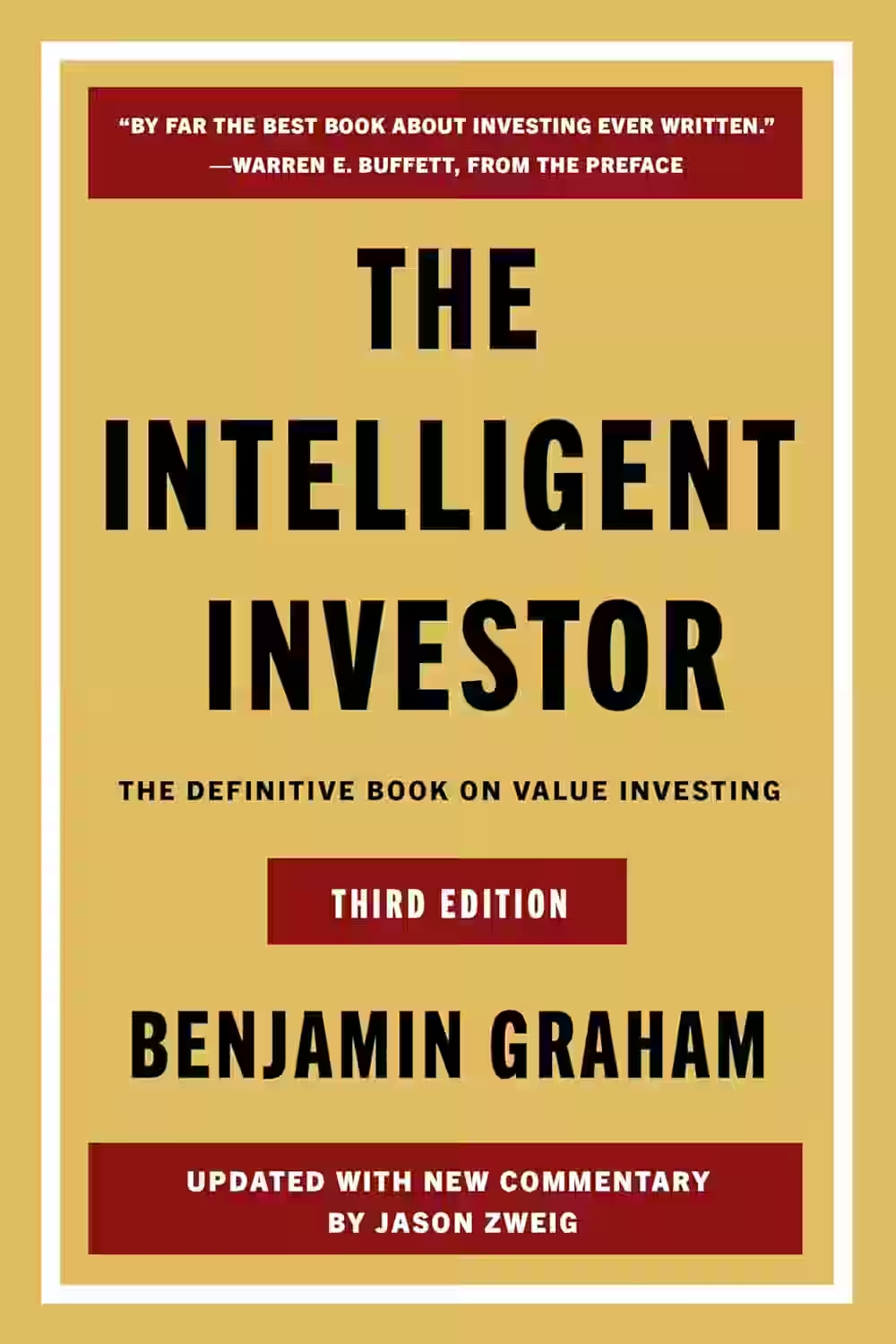
First published in 1949, The Intelligent Investor by Benjamin Graham is a foundational text on value investing and long-term financial strategy. Graham, known as the father of value investing, teaches readers how to analyze stocks with a focus on intrinsic value, margin of safety, and disciplined decision-making. The book distinguishes between “investing” and “speculating,” urging caution, patience, and rational thinking. With commentary by Jason Zweig in modern editions, the book remains a timeless guide for both novice and experienced investors. Its core message—that emotional control and sound principles are key to investment success—has influenced generations, including Warren Buffett.
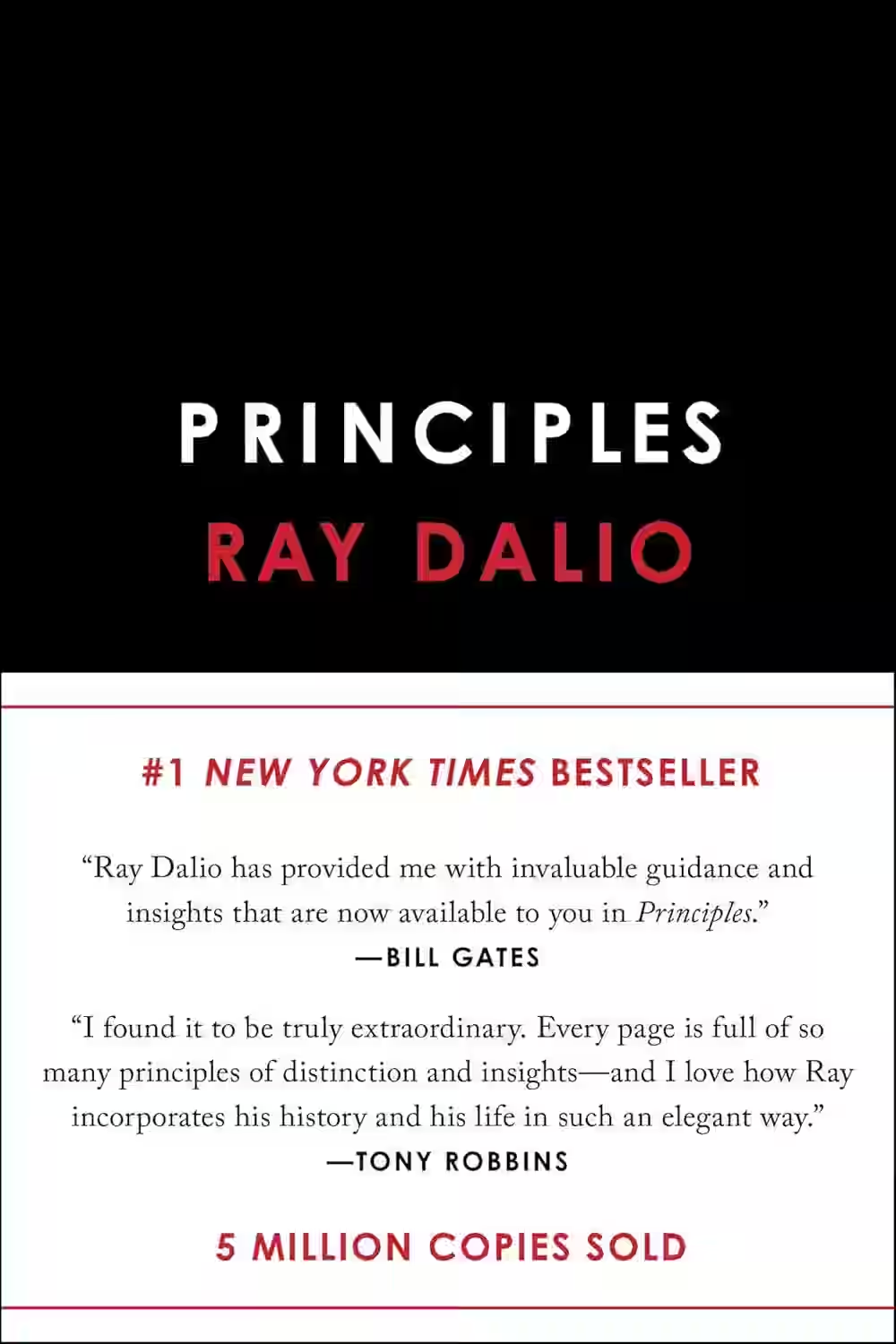
In Principles, billionaire investor Ray Dalio shares the core life and work principles that guided him in building Bridgewater Associates into one of the world’s largest hedge funds. The book is split into three sections: a personal journey, life principles, and work principles. Dalio emphasizes radical transparency, meritocracy, and continuous learning. He advocates for clear decision-making frameworks and a systematic approach to solving problems. Combining autobiography, management philosophy, and practical advice, Principles serves as a handbook for both personal growth and organizational excellence. It's especially relevant for leaders, investors, and anyone seeking to improve decision-making through reflection and structure.
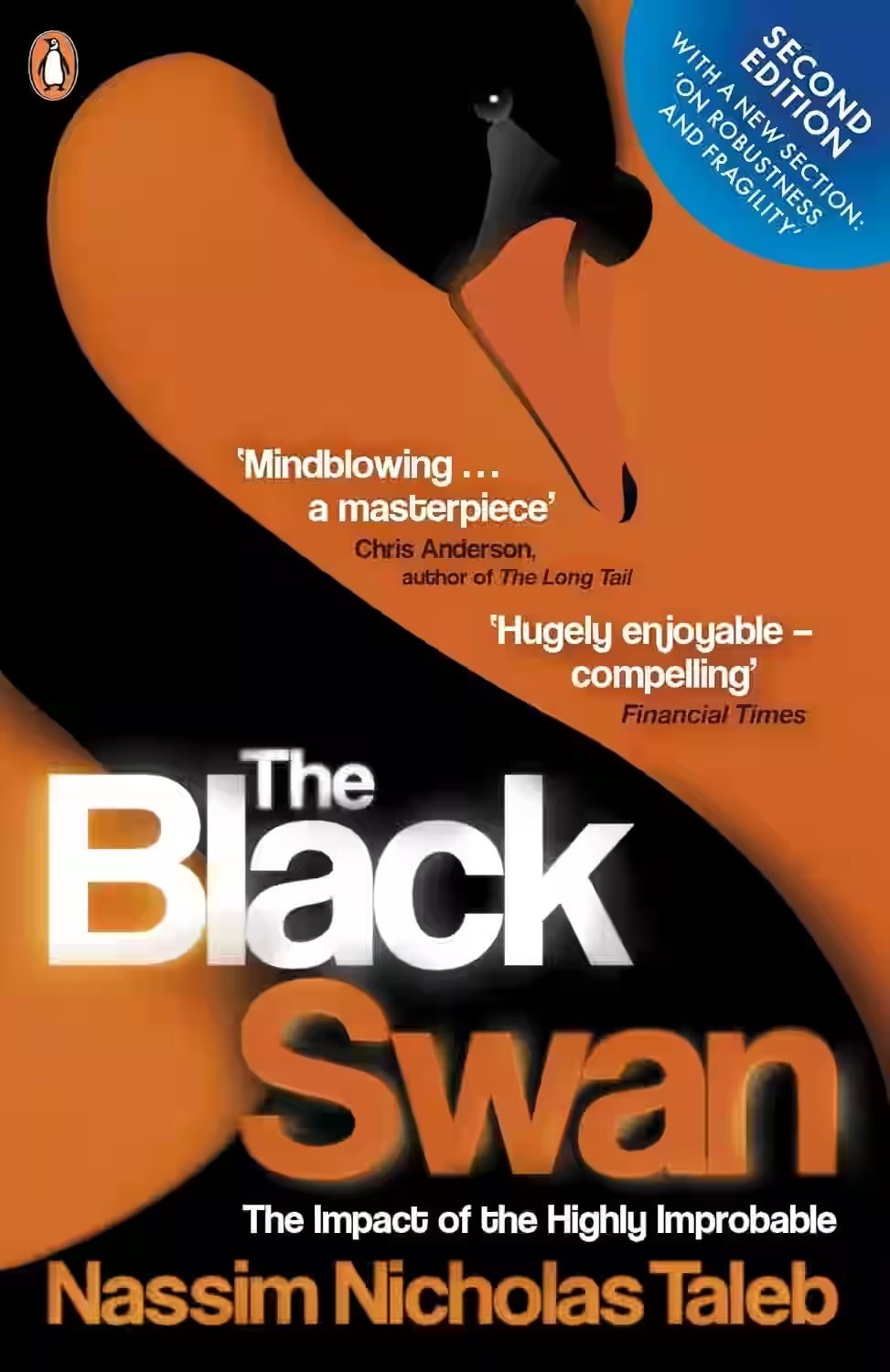
The Black Swan explores the profound impact of rare, unpredictable events—what Taleb calls “Black Swans”—that lie outside normal expectations but have massive consequences. The book challenges traditional forecasting and risk models, arguing that humans consistently underestimate uncertainty. Taleb illustrates how randomness and surprise shape history, from financial markets to scientific breakthroughs, and advocates for antifragility—systems that benefit from disorder. Combining philosophy, probability theory, and anecdotal insight, The Black Swan is a provocative critique of modern thinking and a call to embrace humility in the face of complexity. It’s a transformative read for anyone making decisions in uncertain environments.
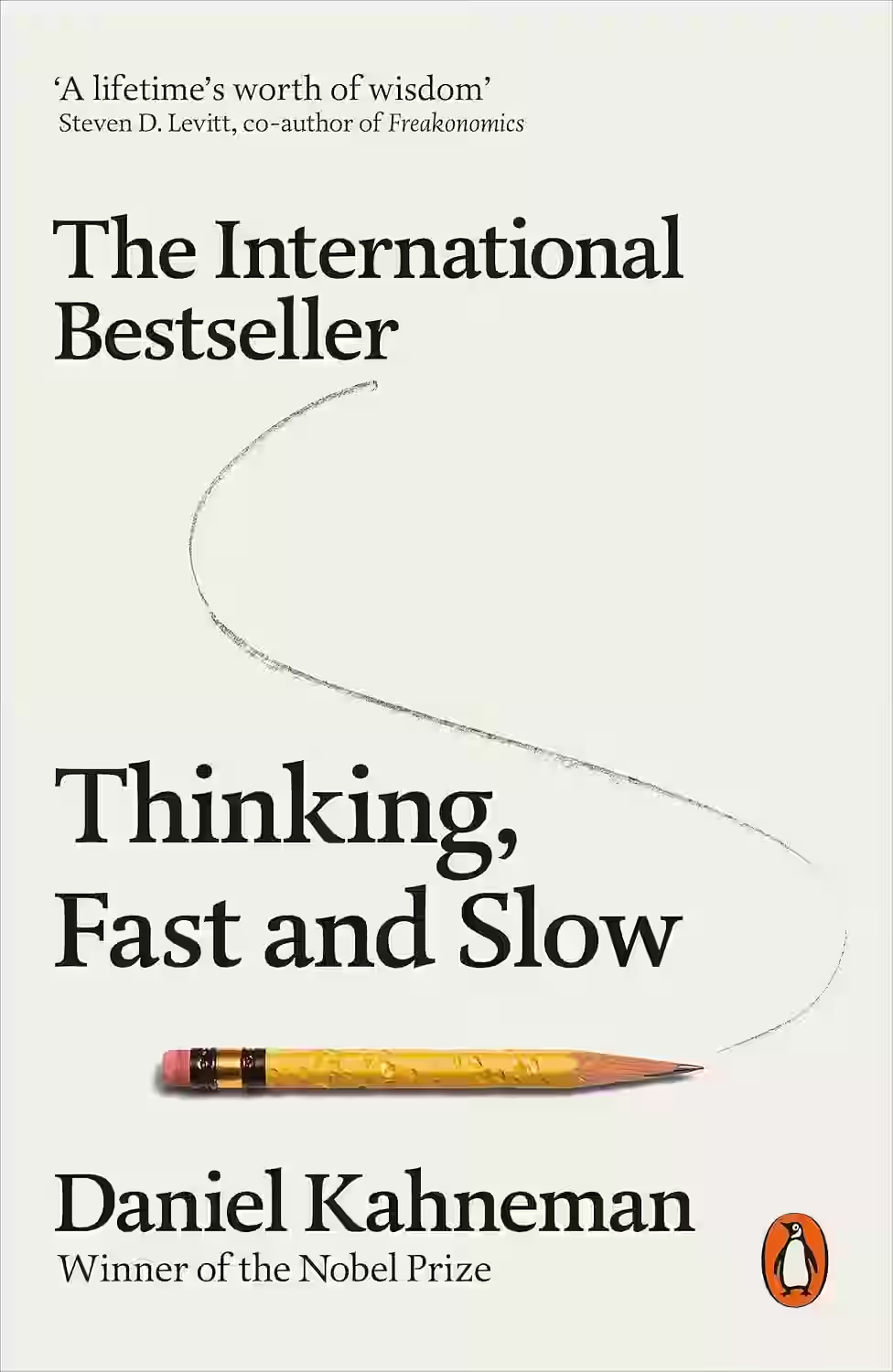
In 'Thinking, Fast and Slow,' Daniel Kahneman, a renowned psychologist and Nobel laureate, delves into the fascinating world of our thought processes. He introduces readers to the two systems that drive the way we think: the fast, instinctive and emotional System 1, and the slow, deliberate and logical System 2. Through engaging anecdotes and thought-provoking experiments, Kahneman explores the biases and heuristics that influence our decisions, leading to both enlightening and unsettling revelations about human cognition. This groundbreaking book not only challenges our understanding of decision-making but also offers valuable insights into how we can navigate the complexities of our minds to make better choices.
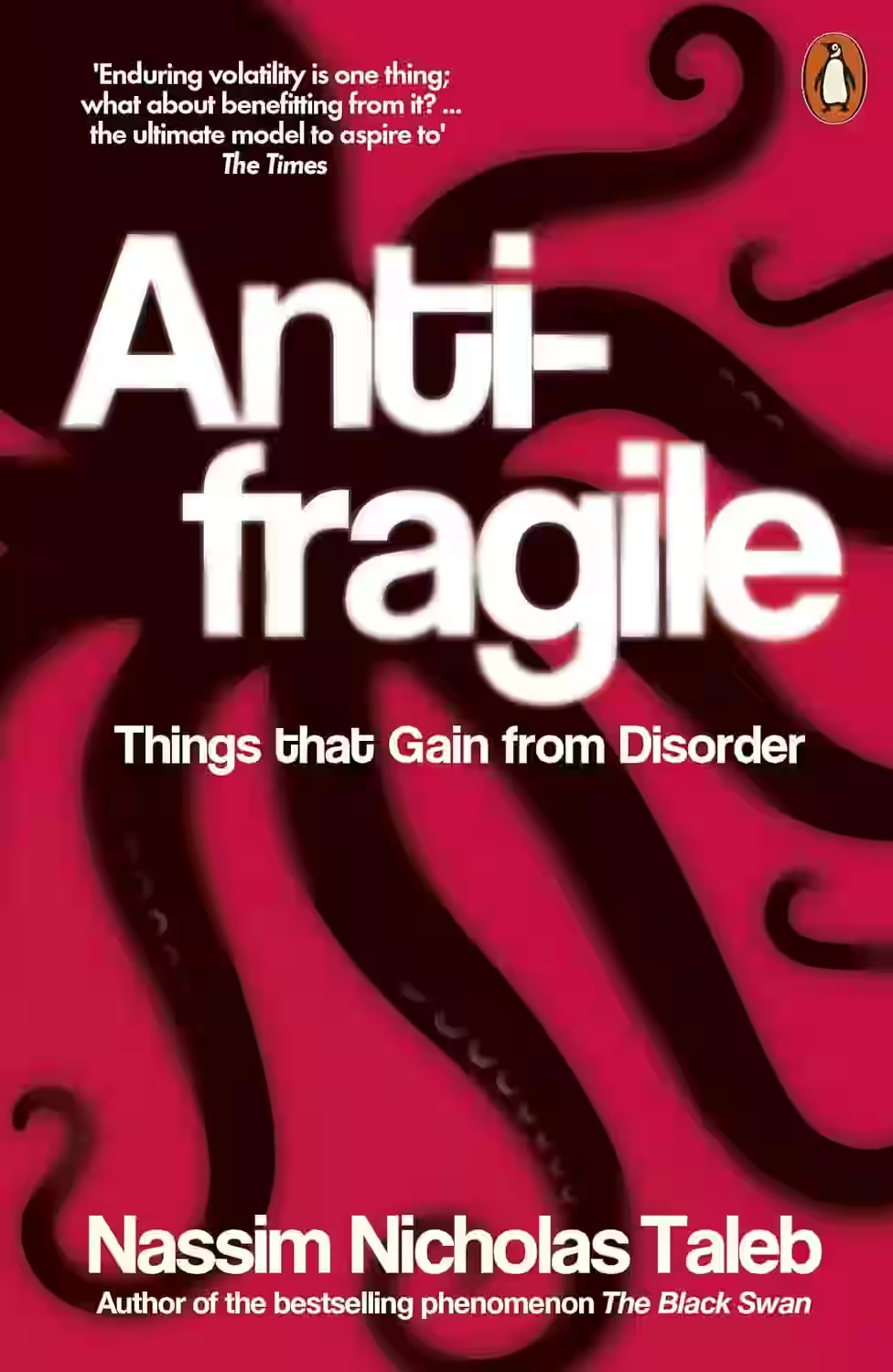
In 'Antifragile: Things That Gain from Disorder,' Nassim Nicholas Taleb explores the concept of antifragility - the idea that some systems not only withstand chaos and unpredictability but actually thrive from it. Using a blend of philosophy, anecdotes, and practical examples, Taleb challenges the conventional notion of resilience and proposes that embracing randomness and disruption can lead to superior outcomes. Through engaging prose and thought-provoking ideas, the author encourages readers to reevaluate their understanding of risk, stability, and progress. This book offers a fresh perspective on how individuals and societies can benefit from disorder, making it a compelling read for anyone interested in personal development or systemic resilience.